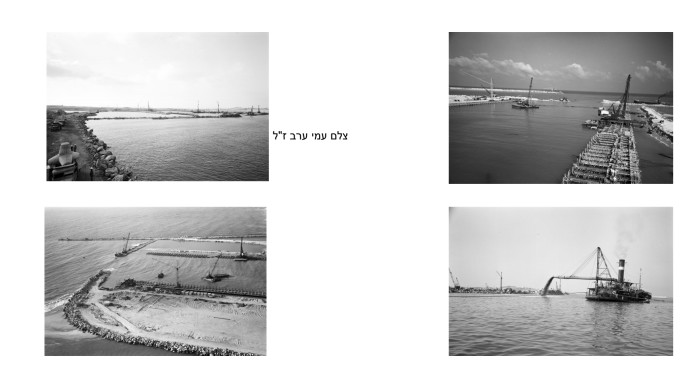Since its founding in 1924, Shikun & Binui has constructed some of the best-known and most significant buildings and infrastructure in Israel, including the Knesset building, the Rotenberg power plant at Naharayim; Orot Rabin in Hadera, Israel’s largest power plant; the Reading power plant in Tel Aviv; the ports of Ashdod and Haifa; hospitals; university campuses; the Red Line of Tel Aviv’s light rail; the office building of the State Comptroller of Israel and additional government buildings in Kiryat HaLeom (the National Quarter) in Jerusalem; Hakirya – the IDF’s headquarters – in Tel Aviv; the new Tel Aviv courthouse; Highway 6; Carmel Tunnels; the water desalination plant in Hadera, and many more.
Tamir Cohen, the company’s CEO, recently shared his thoughts with the Post about the company’s role in building the state.
Q. Shikun & Binui is Solel Boneh’s parent company. What is it like to manage the parent company of Solel Boneh, that, for all intents and purposes, built the state?
A. Solel Boneh is a unique company. It has existed for almost a hundred years and is Israel's largest and oldest construction company. It is the company that built the country, and we are proud of it.

Q. What is the feeling you get when you drive near buildings in Israel that Solel Boneh built?
A. It is always heartwarming to see a building that was built decades ago that has played a role in the history of the State of Israel. It is even more interesting to meet former employees and managers at Solel Boneh and their children and grandchildren who talk about the father or uncle who worked at Solel Boneh.
A. The significance is in the deep connection between historical events, social processes and the structures that served the state in the making and the young State of Israel. Once one understands that the infrastructure projects established by the country’s leaders are, in fact, part of “the establishment of the state,” one understands that without these projects, there would not have been a state.
Q. In your opinion, what are the three most significant projects developed by Solel Boneh in the past 50 years?
A. The construction of the National Water Carrier, the development of the Port of Ashdod and the construction of the Knesset building. The National Water Carrier project was the lifeline of the young state. Without the transfer of water from the Sea of Galilee to the rest of the country, establishing the state would not have been possible. Israel’s heads of state at the time had vision, ability, and innovative thinking. Anyone who sees this project, even today, understands the tremendous significance of the national carrier.
The construction of the Port of Ashdod significantly increased maritime activity to and from Israel, which is a tremendous economic oxygen pipeline even today. The location of the port and its access roads enabled the establishment of hundreds of factories in the south of the country, turning exports into a growth engine that provides economic well-being for Israel to this day.
The establishment of the Knesset building was a project of tremendous national significance that heralded the return of the Jewish people to their homeland and the establishment of the State of Israel as we know it today.
Q. What are Shikun-Binui’s future plans?
A. We will continue building significant projects in Israel. We have a backlog of projects totaling NIS 23 billion, including the construction of transportation infrastructure, subways, IDF bases, power stations, office buildings and more. Solel Boneh will continue to lead the infrastructure field in Israel not only because of its experience, but because of the vast knowledge which the company possesses, which has enabled us to establish major projects both in Israel and abroad.
